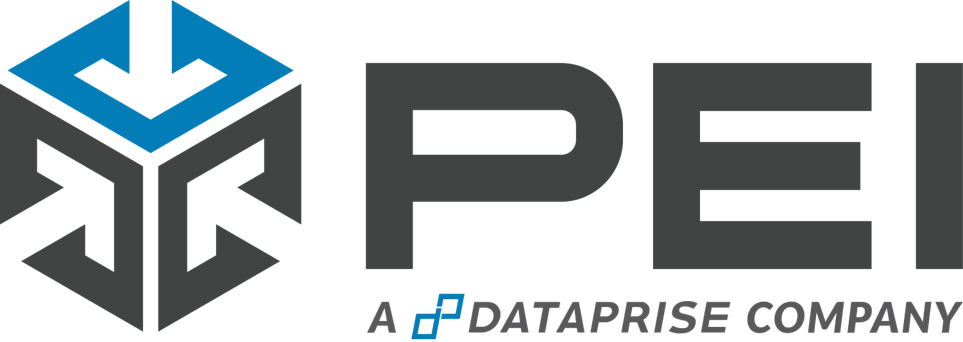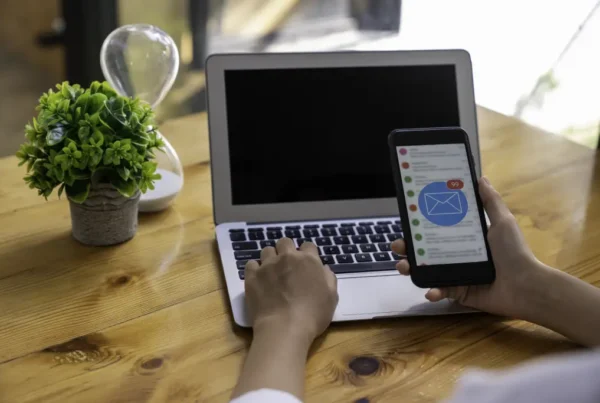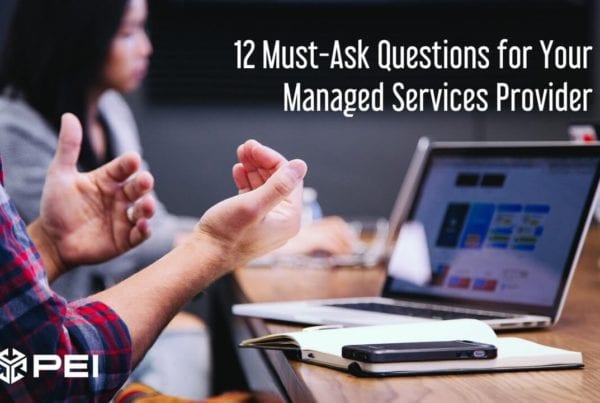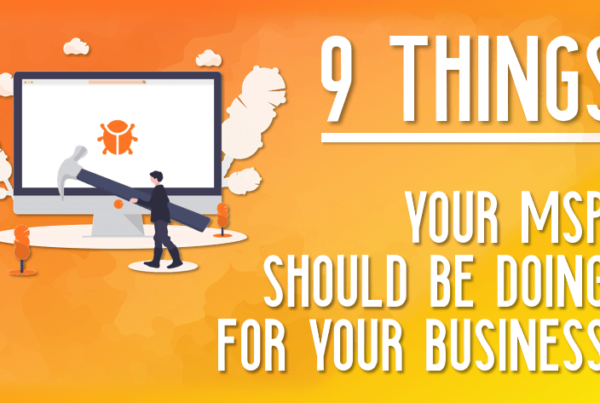Maintaining your PC is as important as maintaining your car. If you want to prevent your computer from slowing down you need to maintain it on a regular basis. You do not need to be an expert to maintain your PC. All you have to do is follow some basic guidelines:
1. Be Careful What You Download: Only download files from websites that you trust. Downloading content from malicious or suspicious websites can leave your PC infected. Once your PC is infected with a virus, spyware or malware, its performance can fall drastically.
2. Uninstall Unnecessary Programs: If your PC has programs that you never use, uninstall them. Every program installed on your computer takes up disk space. The more programs you have installed, the slower your PC will perform.
3. Remove Duplicate Files: Having several copies of the same file not only occupies disk space, but also leaves your hard drive cluttered and fragmented. If you have intentionally made several copies of the same file for your records, it is a good idea to back them up using a USB flash drive or external hard drive while deleting the duplicate files from your hard drive. If you are not sure whether you have duplicate files on your PC you can use a third party application that will assist you in finding and removing duplicate files safely and efficiently.
4. Perform Disk Cleanup/Defragmentation: Your hard drive plays a significant role in determining your PC’s speed. A healthy hard drive allows quicker file access and helps programs run faster. Use the built-in Disk Cleanup and Defragmentation tool to cleanup and defrag your hard drive partitions on a regular basis.
5. Clear Cache, Cookies and Temporary Files: As you use your computer to browse the Internet, your web browser stores several temporary files in form of Cache and Cookies. Over time, these types of files accumulate causing your computer to slow down. The method of deleting these temporary files differs from browser to browser. We have provided three links below that will walk you through how to delete cookies from your computer:
• Mozilla Firefox
• Google Chrome
• Internet Explorer
6. Manage Startup Items: When you install new programs on your computer, most of them register themselves as a startup item. Startup items are programs that automatically run in the background every time you boot your PC (when Windows® loads up). As the list of startup items grows, it also increases the Windows startup time!
Bonus Tip: Make sure your Windows Updates are enabled, and your PC is protected with up-to-date security programs.
Myke Schwartz, PEI
